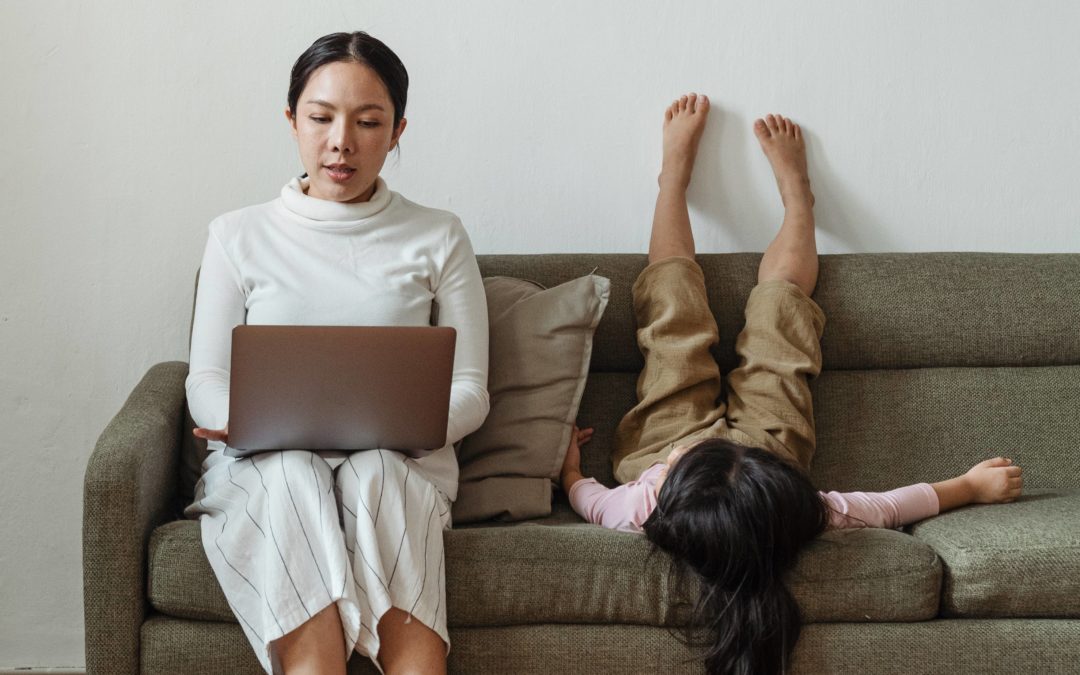What about Zoom fatigue? Frequent posts have popped up on my social media about employees feeling drained out because they’ve been on video conferencing all day. It’s a real thing!
In every other post, someone is complaining about how difficult it is to balance work and home life. Indeed, it has proved to be a challenge for those used to having a separation and routine of working from an office, clocking off and returning home at the end of the day. Work from home veterans are accommodating partners and homeschooling their children, which has also disrupted their routines.
Some employers are asking employees to return to the office, while others are undecided about the right way forward. Other companies like Twitter have asked their employees to work from home permanently.
If you’re still working from home, here are three tips to help you create a clear boundary between your work and home life, and reduce your stress levels.
The downside of technology is that you can’t easily disconnect, so confirm if your presence is needed. If not, then don’t login to that Zoom call. Just like you chose which meetings to attend in the office, do the same when working from home.
If you do choose to attend a Zoom call, then please don’t turn off your screen or audio (unless you absolutely have to!). It’s exhausting for the person who’s talking or chairing the meeting. They have to work harder because they’re not getting any non-verbal feedback.
Recent research has shown that people are working longer hours from home than in the office. There’s no clear line separating home and work because you’re doing both in one place. It’s not good for your health and affects people who are living with you.
Have an allocated space in your home which you can walk away from, an office door you can close is even better. Now that libraries are open, perhaps you might like to work there for a change of scene.
Put your devices away at the end of the working day, to avoid the temptation to check constantly during or after dinner. Use this time to go out for a solitary walk, exercise or meditate.
By exercising, you improve your energy levels, reduce stress and feel happier generally. It helps your brain avoid ‘screen fatigue’ and take a rest when you do. Try going out for little walks during the day. Why not take your laptop and work from a park? Or, do stretches and little exercises away from your desk every half an hour, if leaving your home is not possible.
Working from home can be a rewarding and productive experience if done right. Don’t ignore your physical and mental wellbeing because you’re working solo. Structure your day to include breaks, exercise and meals. You’ll find yourself feeling better and able to handle stress.
Learn how to use techniques and systems to create a balance between your work and home life so you feel organised, productive, and content. Call Kerri on 1300 742 029 or email info@blackstonetraining.com.au to book your team’s place today.

